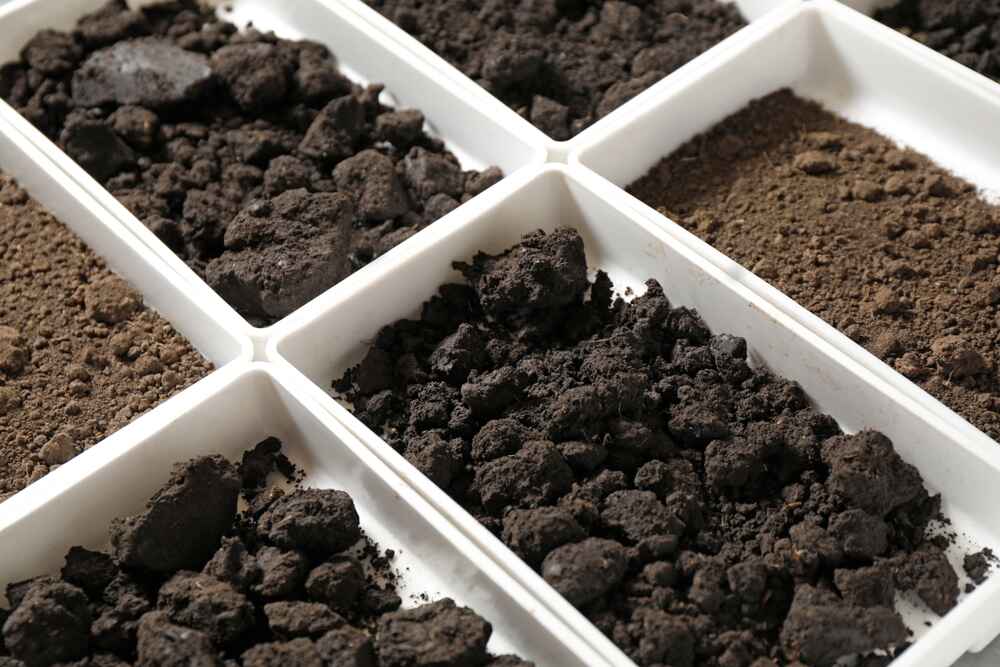
The quality of the materials used is the backbone of long-term success when it comes to construction, whether it’s a road, compacted fill for an industrial warehouse, or a residential development. It’s tempting to see construction material testing as just another box to check, but it’s far more than that. It’s a critical quality control measure that ensures every layer, from subgrade to surface, meets your project’s requirements and delivers lasting performance.
Whether you’re creating long-spanning freeways or park walkways, testing isn’t optional—it’s essential. If you want your pavement or structure to be safe to use, whether it’s for driving, walking on, or being found on, then you need to have your materials professionally checked by the appropriate technicians.
Here is why testing your construction materials is always important.
Every construction project starts with a plan, and that plan needs to include specifications for the materials involved. These aren’t arbitrary rules; they’re based on decades of data and past performance.
Take compacted fill for a commercial development, for example. Specifications often call for a compaction density ratio of 98% of standard compaction. Why? Because materials meeting this benchmark consistently perform well over time, resisting settlement, supporting loads, and holding up under stress.
On the flip side, poorly controlled materials that fall short of this standard tell a different story. Without proper testing to confirm compaction, you risk differential settlement—uneven sinking that can crack pavements, warp foundations, or cause structural defects years down the line. What seems like a minor oversight during construction can balloon into costly repairs later, once your project is complete. Testing ensures that it doesn’t happen!
The same logic applies to quarry materials used in roads, concrete, or drainage layers. These materials come with specs for strength, particle size, durability, and other properties—each tied to how they’ll perform in the field.
A road base with the right gradation and strength can carry heavy traffic for decades. But if testing reveals oversized particles, weak aggregates, or inconsistent quality, the material won’t hold up as intended. Cracks, potholes, or erosion could emerge sooner than expected, turning a solid design into a maintenance headache.
Specifications aren’t guesses—they’re proven benchmarks. Testing verifies that quarry products meet these standards, giving engineers and builders confidence that the finished project will be able to withstand whatever time can throw at it.

To some, construction material testing might feel like an extra step that slows things down or adds cost. But it’s a small price to pay for the peace of mind and savings it delivers. Imagine a residential estate where untested fill leads to uneven house slabs, or an industrial site where a poorly tested road base buckles under heavy machinery, or where the fill settles so much that the building becomes significantly defective. These aren’t hypotheticals; they’re real risks when quality control is skipped over to cut costs or time.
Testing bridges the gap between design and reality. It confirms that what’s written on paper translates to what’s placed on-site. For a road, it’s about durability under traffic and weather. For compacted fill, it’s about stability beneath buildings and structures, including roads.
For quarry materials, it’s about meeting the precise needs of the job. In every case, testing catches issues early, making sure that defects don’t show up later when they’re harder—and more expensive—to fix.
If you know that your next project is going to require professional material compliance testing, then the technicians at SITE Geotechnical will be able to help you.
Our different material testing services include:
We perform these tests at our laboratory to test the strength of soil subgrades and the base course materials. We can also perform a CBR swell test (also known as a laboratory-soaked CBR) to determine the strength of the sample after it has been soaked in water for four days.
These types of tests are run to discover the size of the particles in a sample area. By running soil samples through sieves with different size gradients, we can grade the aggregates in an area and determine whether the proposed site is suitable for your project.
This test is used to find out how the limits of your soil for materials like:
By performing the appropriate Atterberg Limits testing, you can make sure your construction project is built on solid ground.
Do you need Geotechnical Services in Beveridge, Donnybrook or anywhere else in Melbourne? Connect now with SITE Geotechnical and enjoy the professionalism our 25+ years of experience provides.
At SITE Geotechnical, you can find a wide range of expert laboratory testing services that can shed light on the soil conditions of your construction site. Make sure to consider all of them before you start building!
Make sure to explore our other services to see how else we can assist you!
The materials to be used in any construction or engineering project need to be thoroughly tested to make sure they are of the highest quality possible. By making sure their materials are the right size and strength, engineers can help prevent any problems from occurring in their build and make sure the finished product, whether a building, road, or pathway, is safe to use and will last for many years.
If you want to save some money, don’t skip out on construction material testing! Rather, look towards the use of recycled materials that avoid the mining and use of valuable raw materials. We recommend using combinations of crushed recycled materials such as crushed brick, concrete and glass, slag, and reclaimed asphalt pavement (RAP).
At SITE Geotechnical, one of the investigations we can perform is a soil or rock profile for your location. We’ll provide you with easy-to-read graphs and illustrated reports so you can understand things like the thickness of soil and rock layers and the depth of fill at your project site.
If you have any more questions about our services and how they can apply to your engineering or construction project, please get in touch with our team.

Construction is an investment, and like any investment, it’s only as good as its foundation. Material testing services aren’t just a technicality; they’re a proactive step to guarantee the quality and strength of your build project. By holding materials to proven standards—like that 98% compaction ratio for commercial fills or the strength specs for quarry products—SITE Geotechnical sets projects up for success, not settlement.
So, the next time someone questions the value of construction material testing, remind them: it’s not about meeting a checklist. It’s about building something that lasts.
Schedule a consultation with one of our engineers for your project by calling 1300 557 260, or use our online contact form to get in touch. We can offer you a free quote when you apply on our website, and are available 24/7 to take your message.
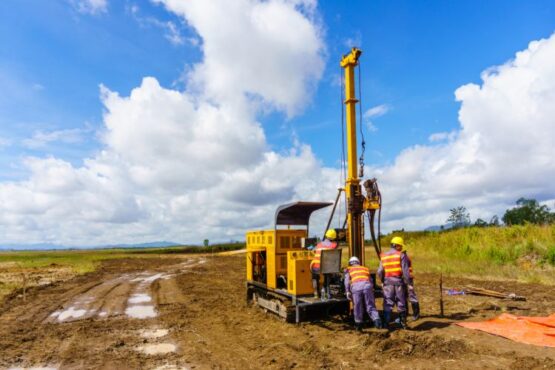
A successful building project starts with the soil foundation. Learn why conducting a geotechnical survey before construction is crucial for stability and efficiency.
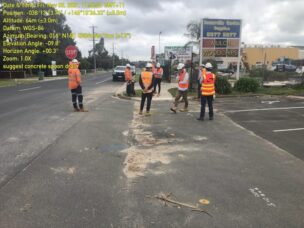
You may not think much about the pavement beneath your feet, but a great deal of planning and preparation goes into the design, creation and laying of pavement. Pavement design in particular needs a lot of careful thought, as it is used in critical infrastructure projects such as the building of major highways, warehouses, large […]
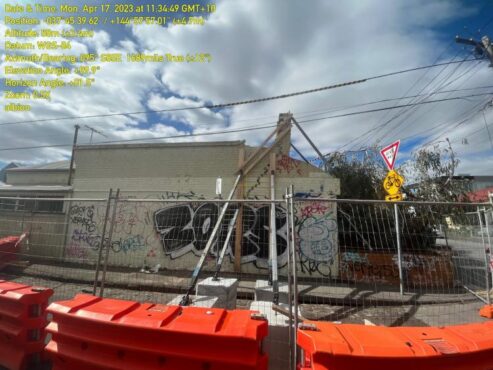
Have you noticed cracks in the walls or ceiling of a building? Are your doors or windows no longer closing easily? Small cracks are no cause for alarm, but larger ones are the signs of a distressed building, and the underlying cause needs to be looked into straight away. A distressed building will need more […]

Having the right or wrong pavement design can make millions of dollars difference in a project. That’s why it’s so important to do your pavement design correctly the first time around, and this includes choosing the right team of pavement engineers for the job. Pavement design is about more than footpaths–it actually influences all kinds […]
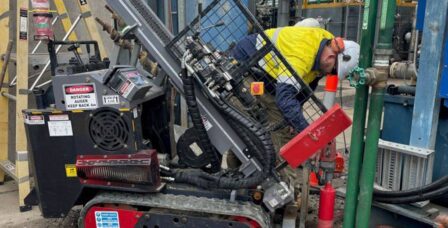
Geotechnical site investigations often involve the use of a drilling rig in a wide and open space, but what if the areas you are trying to work on have size or access constraints? In these circumstances, you’ll need access to geotechnical drilling technologies that can work for both small and large-scale infrastructure projects. This is […]

At Site Geotechnical, we understand that wetlands play an essential role in land development projects across the country. While most of our clients are already familiar with their environmental benefits, such as flood mitigation and water quality improvement, our focus is on the geotechnical considerations that can help wetlands perform reliably and sustainably. Let’s discover […]
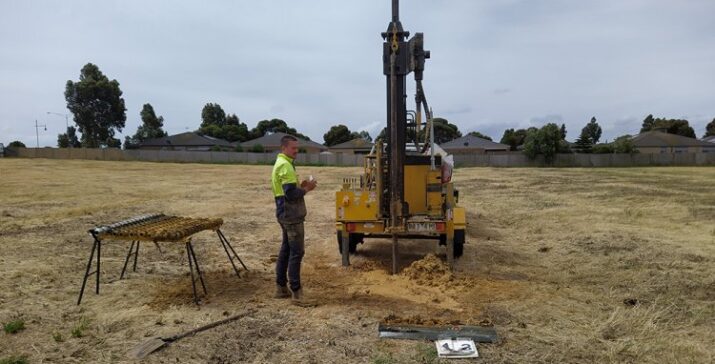
In the midst of planning a construction project? Whether you’re building a road, a bridge, a commerce centre, or a dam, the earth you’ll be working with can have a profound impact on the success of your project. Geotechnical services consist of many different types of studies and tests on a particular site that delve […]
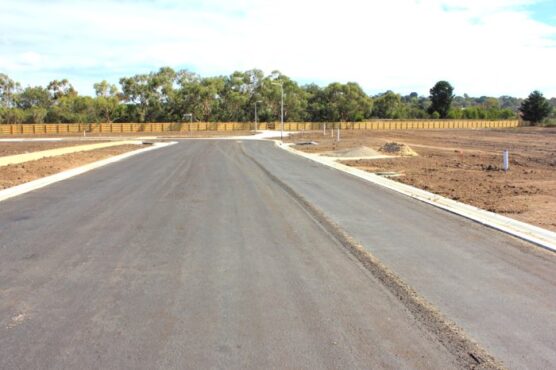
When you think of recycling, your mind might immediately go to paper or cans, but did you know recycled construction and waste materials play a strong part in pavement design in Melbourne as well? Pavement is everywhere, from our sidewalks and personal driveways to roads, construction platforms and rail trails. Expanding cities are constantly creating […]

For two decades, SITE Geotechnical Pty Ltd has been at the forefront of geotechnical engineering, providing expert investigations and recommendations that ensure strong, lasting foundations for infrastructure and development projects. Our journey from a small consulting firm to a leading geotechnical service provider in Victoria has been defined by innovation, expertise, and an unwavering commitment […]
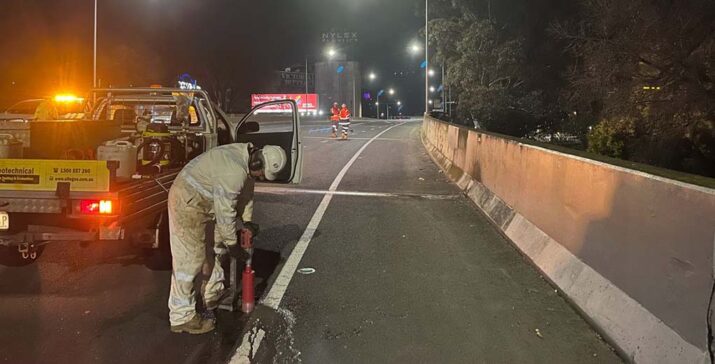
In the world of infrastructure, maintaining and upgrading pavements is a constant challenge. Victorian roads endure heavy traffic, harsh weather, and can simply wear down over time, often leading to deterioration that demands action. Historically, a full reconstruction—ripping out old pavement and starting fresh—has been the go-to solution. But there’s a smarter, more sustainable alternative: […]